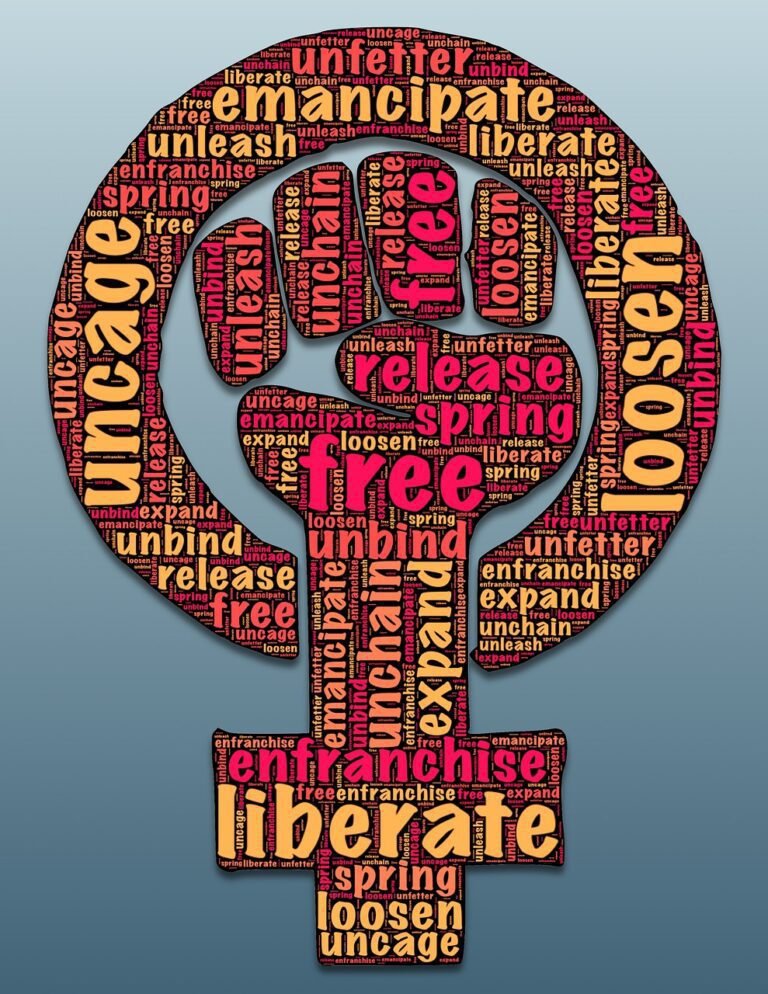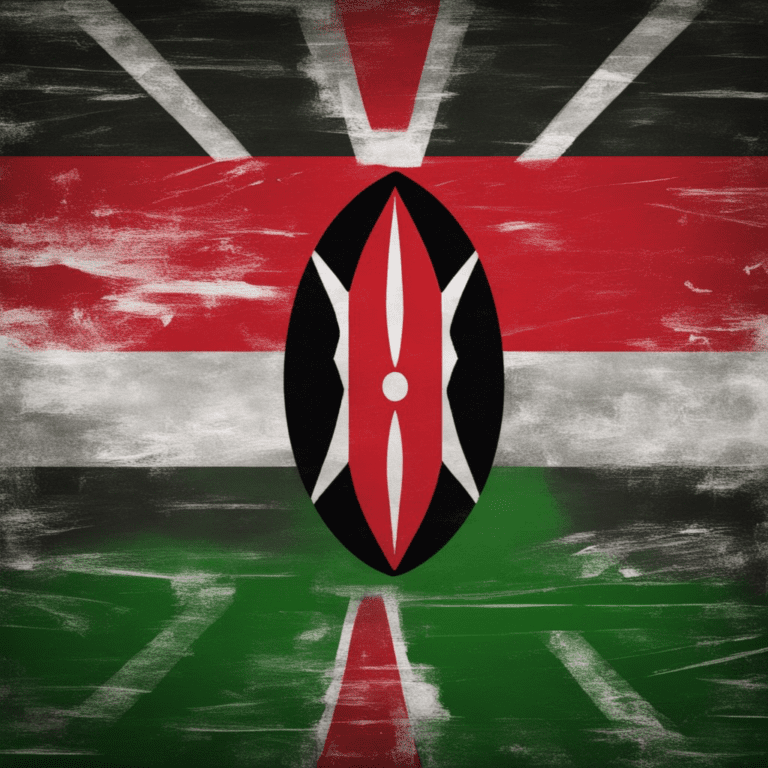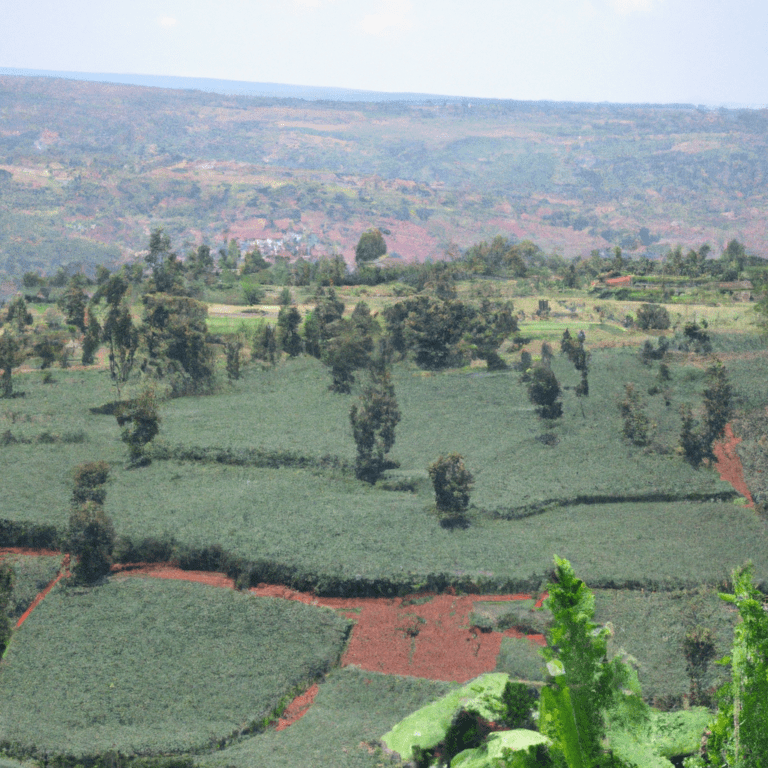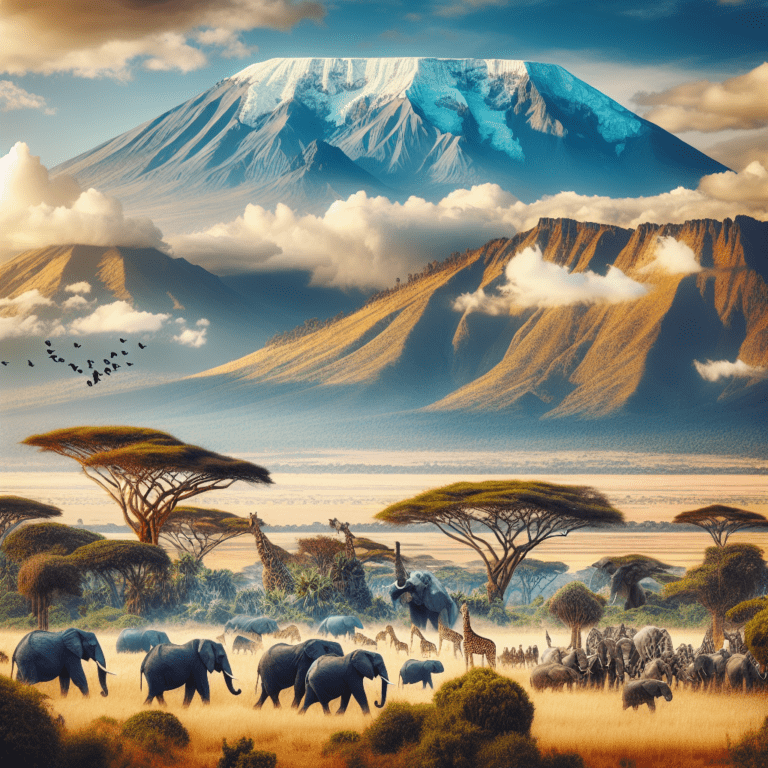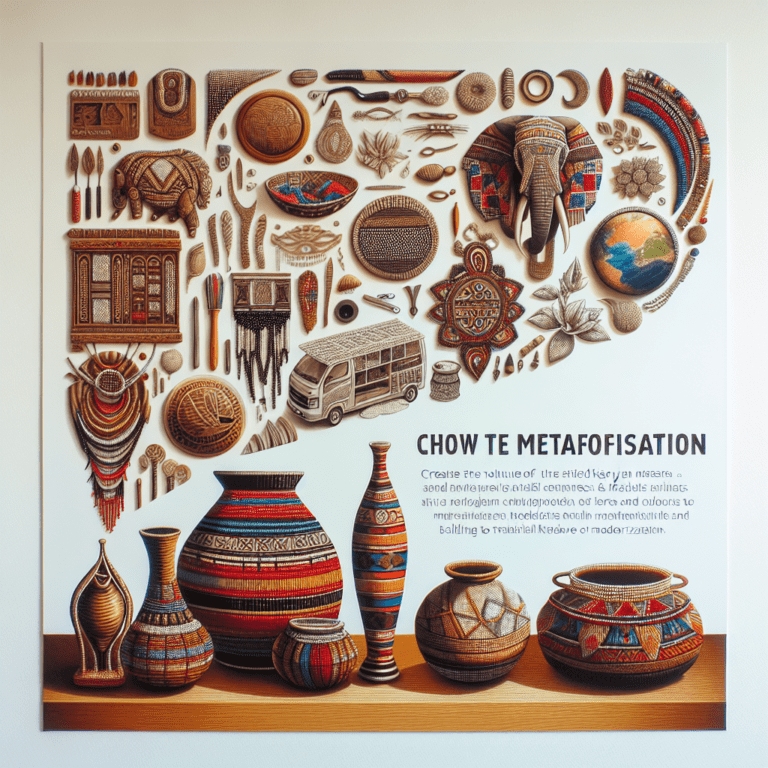When Was Kenya Founded As A Nation?
Let’s take a trip back in time to uncover the fascinating origins of Kenya as a nation. Exploring the founding of this vibrant East African country will transport you to a period of great significance, an era that shaped the colorful tapestry of Kenya’s history. Discover the story behind the birth of Kenya as a nation and gain a deeper understanding of how it became the diverse and flourishing country it is today.

Pre-colonial era
Early settlements and tribal societies
In the pre-colonial era, Kenya was home to various tribal societies and settlements. These groups had their own unique cultures, languages, and ways of life. The earliest evidence of human settlement in Kenya dates back to around 2000 BC, with communities such as the Cushitic-speaking early pastoralists and the Bantu-speaking agriculturalists. Over time, these communities developed complex social and political structures, with some even forming city-states. Chiefs and councils played a crucial role in local governance, and trade routes facilitated the exchange of goods and ideas across the region.
Incursion of European explorers
Portuguese arrival
Swahili influence
Omani influence
The incursion of European explorers into Kenya began with the arrival of the Portuguese in the late 15th century. They sought to establish trade routes and secure their control over the Indian Ocean trade network. During this period, the Portuguese had a significant impact on the coastal regions, introducing Christianity and exerting their influence over the local Swahili city-states. However, their dominance was short-lived as they were eventually driven out by the Omani Arabs in the 17th century. The Omani influence brought significant changes to the region, including the spread of Islam and the growth of the Swahili culture.
Scramble for Africa
Berlin Conference
British East Africa Company
The Scramble for Africa, which occurred in the late 19th century, had a profound impact on Kenya. In 1885, the Berlin Conference was held, where European powers divided Africa among themselves. As a result, Kenya came under British control. The British East Africa Company was formed and given authority over the region, with the aim of exploiting its natural resources. This marked the beginning of Kenya’s colonial era, as the company established trading posts, developed infrastructure, and exerted control over the indigenous population.
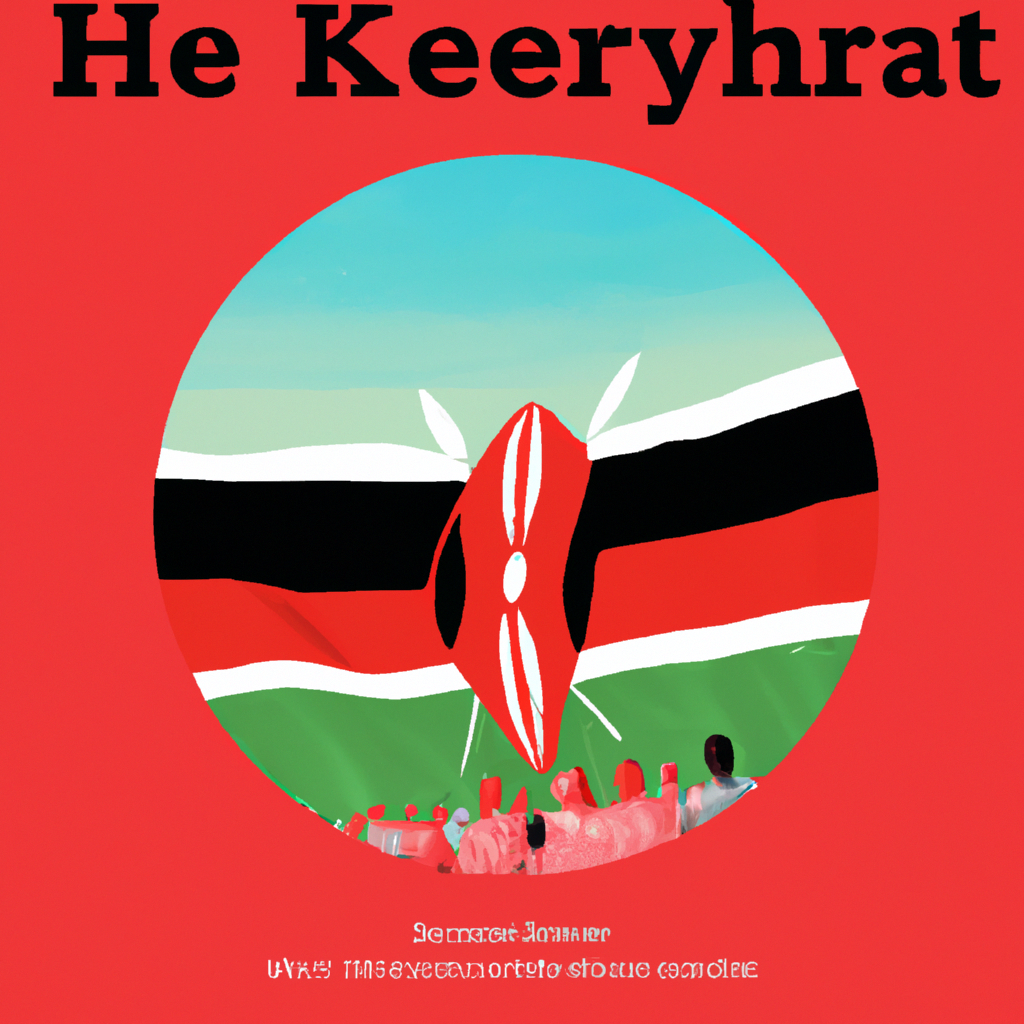
Formation of British East Africa Protectorate
In 1895, Kenya was officially designated as the British East Africa Protectorate. The British government assumed direct control over the region, seeking to exploit its resources and establish a colony. During this period, British settlers started to arrive in large numbers, taking over fertile lands for agriculture and pushing the local communities off their ancestral lands. The British government introduced policies aimed at furthering their economic interests, such as the introduction of cash crops like coffee and tea.
Kenya Colony
Mau Mau uprising
Kenya became a full-fledged colony in 1920 when the British East Africa Protectorate was officially renamed the Kenya Colony. The colonial period was characterized by the systematic exploitation of the native population and the suppression of their rights. The most significant resistance to British rule came in the form of the Mau Mau uprising, which started in the 1950s. The Mau Mau fighters, composed mainly of the Kikuyu community, fought for their land and independence. The uprising was eventually quelled by the British, but it marked a turning point in the push for independence.
Path to independence
Kenya African National Union (KANU)
Jomo Kenyatta
Moi era
The path to independence for Kenya was paved by political movements such as the Kenya African National Union (KANU), which emerged in the 1960s under the leadership of Jomo Kenyatta. KANU played a crucial role in advocating for self-government and mobilizing the Kenyan people towards independence. In 1963, Kenya achieved independence from British rule, with Jomo Kenyatta becoming the country’s first president. Under Kenyatta’s leadership, Kenya faced its own set of challenges, including political unrest and ethnic tensions. After Kenyatta’s death in 1978, Daniel arap Moi took office and continued to govern Kenya until the early 2000s.
Republic of Kenya
In 1964, Kenya transitioned from being a constitutional monarchy to a republic, with Jomo Kenyatta as the first president of the Republic of Kenya. Kenya adopted a new constitution and embarked on a path of political and economic development. However, the country continued to grapple with issues such as political instability, corruption, and ethnic tensions.
Current challenges and future prospects
Political instability
Ethnic tensions
Economic development
Kenya faces several challenges in the present day. Political instability remains a significant concern, with frequent election-related violence and disputes. Ethnic tensions also persist, as different communities vie for political power and resources. Additionally, Kenya is working towards achieving sustainable economic development, with efforts focused on diversifying the economy and reducing poverty levels.
Conclusion
From its early tribal societies to its eventual colonization and independence, Kenya has undergone significant transformations throughout its history. The pre-colonial era laid the foundation for the diverse cultural heritage that is present in Kenya today. The arrival of European explorers and the subsequent colonization by the British shaped the country’s political and social structures. Kenya’s path to independence and subsequent challenges have influenced its present-day political landscape. As Kenya continues to navigate through political instability, ethnic tensions, and economic development, it is crucial for the country to embrace inclusive policies that promote unity and sustainable growth.

